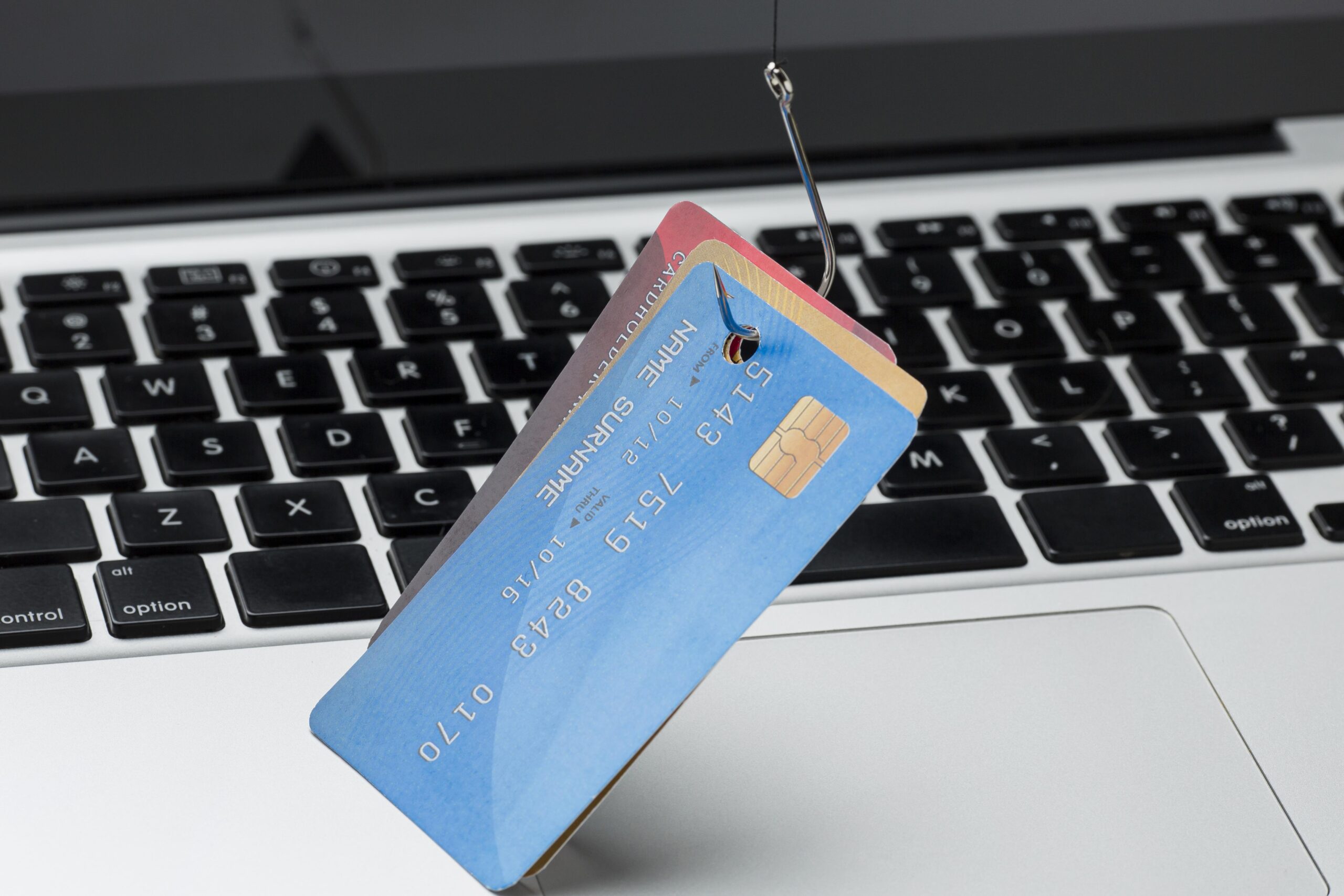Bank account freezing is one of the most common steps taken by banks and cyber cells when there is a suspicion of fraudulent activity or involvement in cybercrime. While it is a precautionary measure to safeguard victims of fraud, it often creates stress and financial disruption for innocent account holders as well. Understanding why bank accounts get frozen, the legal process behind it, and what you can do if it happens to you is essential.

Why Do Banks Freeze Accounts in Cyber Crime Cases?
When a cybercrime or financial fraud is reported, the police or cybercrime unit often sends a notice to the bank to put a lien or freeze on the suspected account. This is done to ensure that the fraudulent money does not get transferred or withdrawn. Here are the main reasons:
1. Suspicious or Fraudulent Transactions
Banks use monitoring systems to detect unusual transactions. If there are high-value or frequent transfers (especially involving unknown accounts, crypto transactions, or online wallets), the system may flag the activity.
2. Complaint by a Fraud Victim
If someone files a cyber fraud complaint and your account is suspected to have received the money, the cyber cell can instruct the bank to freeze your account for investigation.
3. Use of Accounts for Online Scams
Fraudsters often use mule accounts (accounts used for transferring fraudulent money). If your account unknowingly becomes part of such a chain, it may get frozen.
4. KYC (Know Your Customer) Issues
If your documents are incomplete, fake, or flagged during verification, banks may freeze the account temporarily until re-verification is complete.
5. Violation of Banking Norms
Transactions involving gambling sites, illegal betting apps, or unregulated cryptocurrency exchanges can trigger suspicion and result in account freezing.
6. Legal Orders from Courts or Police
If a case is registered under IPC sections such as 420 (cheating) or IT Act sections like 66C, 66D, banks are bound to freeze accounts linked to the complaint until the investigation concludes.
What To Do If Your Account is Frozen?
-
Contact the Bank Immediately: Ask for the reason behind the freeze and whether it was initiated by the cyber cell or due to internal monitoring.
-
Approach the Cyber Crime Police: If the freeze is due to a cyber fraud complaint, visit the cyber cell with your transaction proof, KYC documents, and bank statements.
-
Hire a Cyber Crime Lawyer: A lawyer can help you draft representations to the Investigating Officer (IO), file applications in court if necessary, and speed up the unfreezing process.
-
Provide Proof of Innocence: If you are a genuine victim or had no involvement in the fraud, your lawyer can present evidence to get your account released.
Safety Tips to Avoid Account Freezing Due to Cybercrime
-
Always verify the source before accepting online payments.
-
Avoid using your bank account for crypto P2P trades with strangers.
-
Keep your KYC documents updated with the bank.
-
Do not share account details, OTPs, or login credentials.
-
Report suspicious transactions immediately to the bank.
-
Keep digital proof of all business transactions for future reference.
Frequently Asked Questions (Q&A)
Q1. Why did my bank freeze my account without any notice?
Banks are legally allowed to freeze accounts without prior notice if they receive instructions from the cyber cell or detect suspicious activity.
Q2. How long does it take to unfreeze a bank account?
It depends on the case. If the freeze is due to incomplete KYC, it may take a few days. If it is due to a cybercrime investigation, it can take weeks or even months unless a lawyer intervenes.
Q3. Can I withdraw money if my account is frozen?
No, once the account is frozen or lien-marked, you cannot withdraw or transfer funds until it is officially unfrozen.
Q4. Do I need a lawyer to unfreeze my account?
Yes, in most cybercrime-related cases, hiring a cybercrime lawyer is strongly recommended as they can communicate with the bank and cyber cell on your behalf.
Q5. Can my salary or business transactions be affected?
Yes, all transactions—salary credits, business receipts, or regular expenses—are affected when your account is frozen.
Q6. What documents should I keep ready to unfreeze my account?
Keep your KYC documents, bank statements, transaction proof, complaint copy (if available), and any communication records with the sender/receiver of funds.
Bank accounts are frozen in cybercrime cases as a preventive step to secure victims’ money and assist in investigations. While this may cause inconvenience, knowing the reasons, legal process, and remedies can help you act quickly. Always practice safe online habits to reduce the risk of becoming entangled in cyber fraud.
Disclaimer
This blog is for educational and awareness purposes only. It does not constitute legal advice or professional consultation. Readers are encouraged to verify information from official sources and practice caution while using digital platforms.
